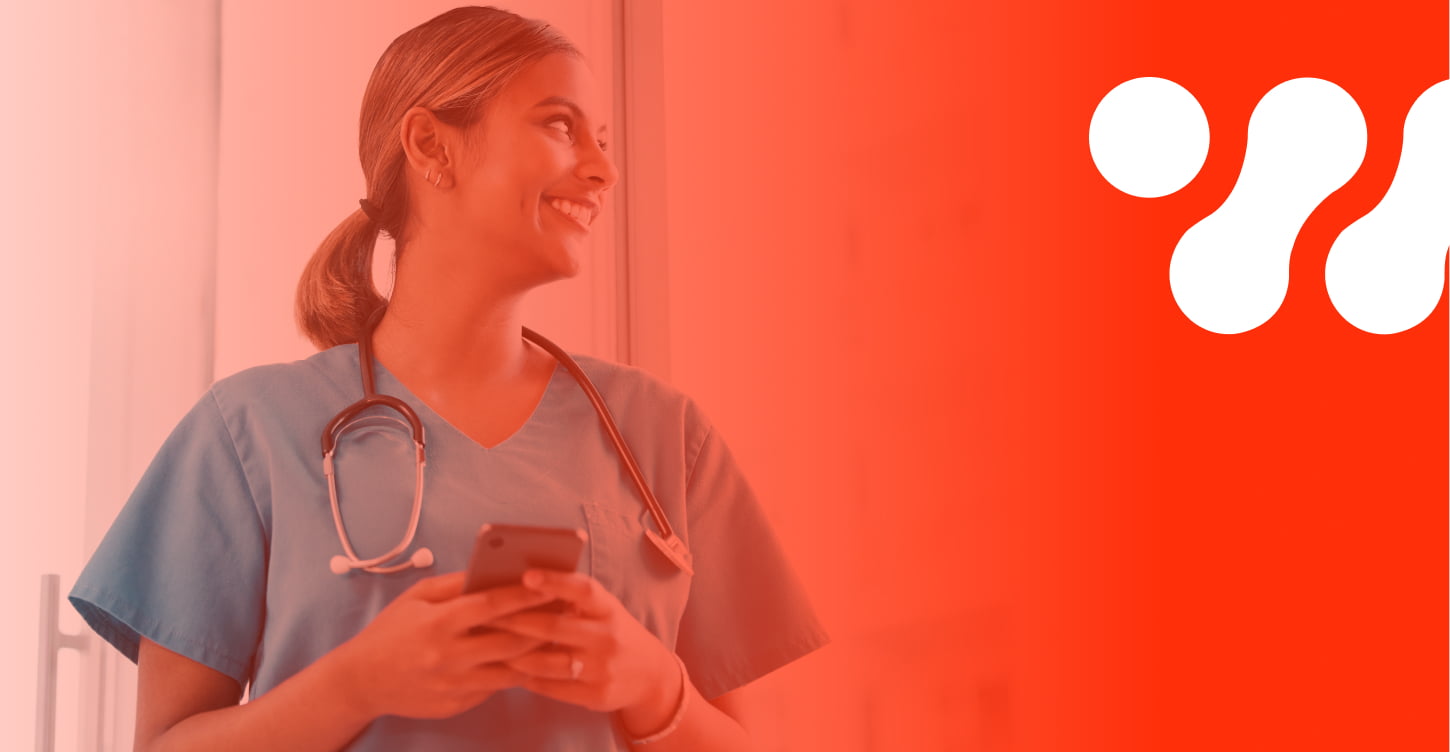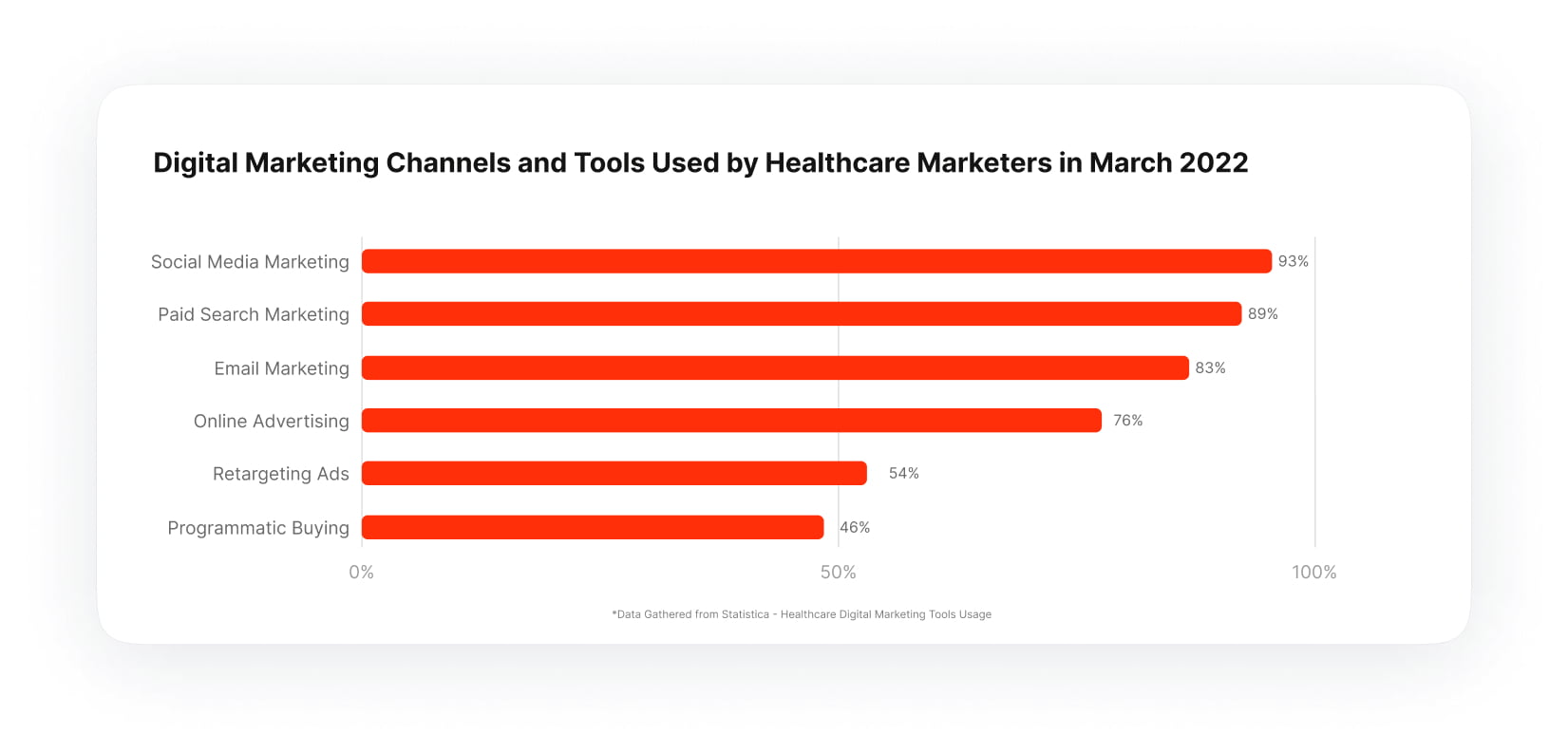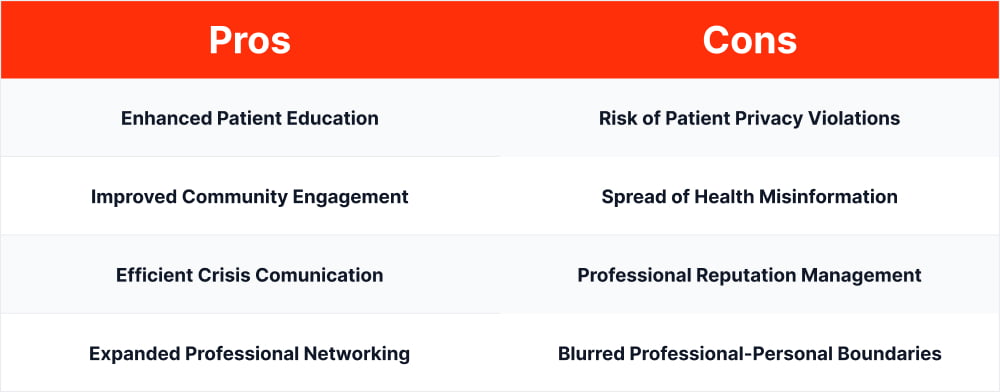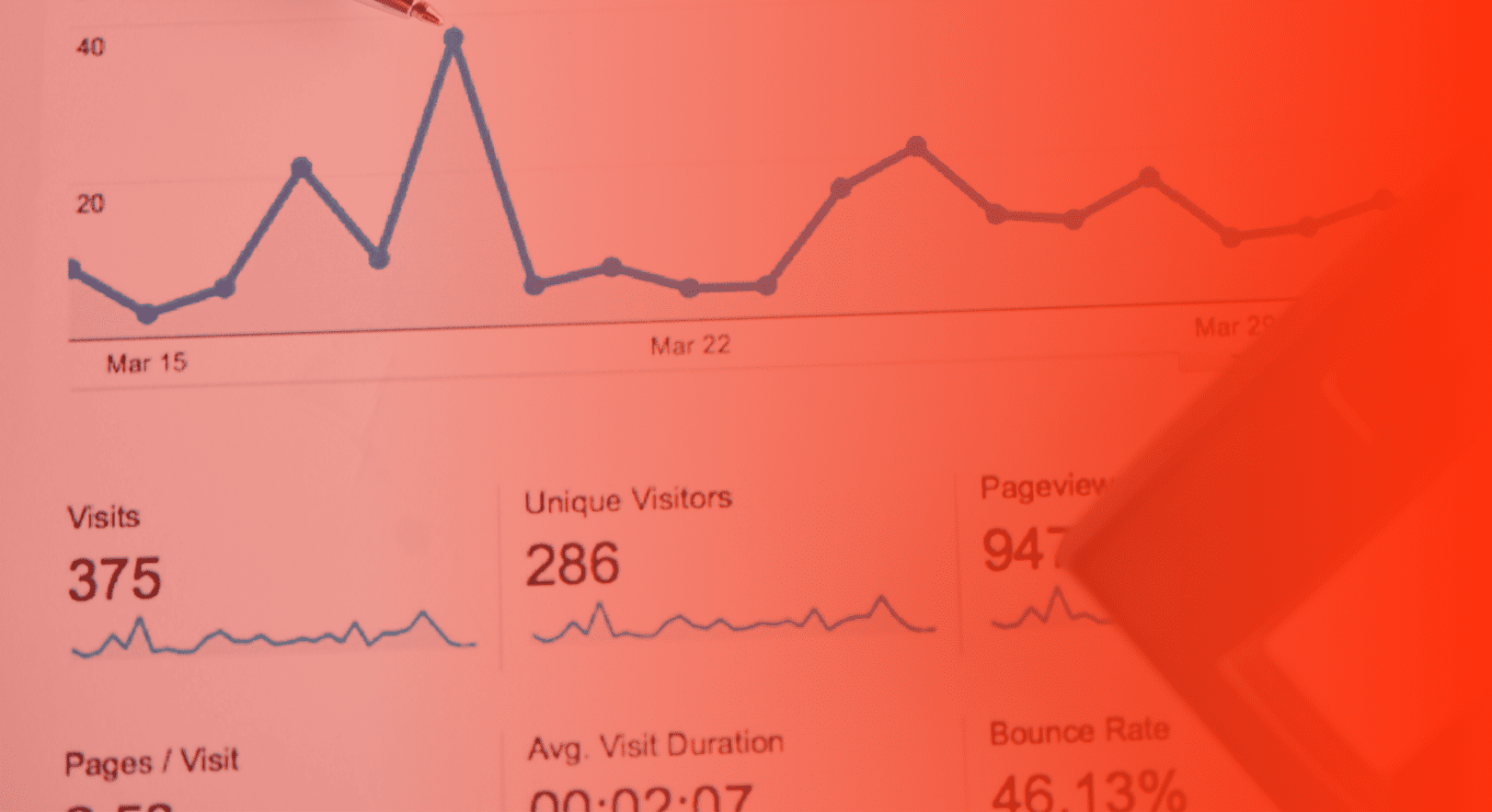
Social media platforms are no longer just for personal updates and sharing photos. In healthcare, they’ve become influential tools, enabling medical professionals to engage with patients, educate the public, and network with peers. These platforms are opening up new, efficient channels for communication and outreach.
However, these opportunities are accompanied by significant challenges. Maintaining patient confidentiality, ensuring privacy, and navigating complex compliance regulations are just a few of the hurdles healthcare professionals may encounter. Social media, when not used responsibly, carries the risk of professional and legal repercussions.
The objective of this article is clear and simple: to inform healthcare professionals on the best practices for utilizing social media. We will explore the various facets of social media in healthcare, discussing its benefits, risks, and providing actionable insights. Whether new to the social media scene or a seasoned user, this guide is designed to empower you to use these platforms effectively and ethically in your healthcare practice.
As social media continues to weave itself into the daily fabric of our lives, it is simultaneously reshaping various aspects of the healthcare industry. From patient engagement and professional networking to crisis communication and medical education, social media is altering how healthcare professionals interact with each other and their patients. It’s more than a platform; it’s a tool with the potential to enhance — or challenge — the healthcare experience in profound ways.
Patients are increasingly turning to social media for health information. According to a study published in PubMed, 68% of parents used social media for health information. This trend highlights the growing importance of healthcare professionals being present and active on these platforms, where they can provide accurate and reliable information to patients.
For doctors, nurses, and other healthcare professionals, social media is not just about patient interaction; it’s also a powerful networking tool. A survey by Merritt Hawkins revealed that 60% of doctors say that social media improves the quality of care for patients. This is attributed to the fact that social media allows for the exchange of medical insights, research findings, and best practices among professionals, which can elevate patient care.
Beyond networking, social media has emerged as a valuable tool for medical education and public health awareness. Healthcare professionals can share new research findings, medical advancements, and public health campaigns, extending the reach of important health information to a broad and diverse audience.
In times of health crises or emergencies, social media platforms become critical channels for rapid and widespread communication. Hospitals, health departments, and individual practitioners can provide real-time updates, advice, and instructions to the public. This capacity for immediate outreach can be life-saving in critical situations.
Patients aren’t just using social media for general health information. According to Becker’s Hospital Review, the most significant decision-making influences of social media are for seeking a second opinion (45%) and choosing a hospital or doctor (41%). This demonstrates the profound impact that a healthcare professional’s social media presence can have on patient choices and healthcare decisions.

Data Pulled From Statista
Social media is proving to be a game changer for healthcare professionals and organizations alike. From enhancing patient care and education to boosting professional development, the potential advantages are both vast and impactful. Here, we outline some of the notable benefits of integrating social media into healthcare practices:
Navigating the social media landscape as a healthcare professional demands a unique set of guidelines. It’s about striking a balance: maintaining professional integrity while engaging effectively and compassionately with the public.
Establish a clear and comprehensive social media policy for your practice or organization. This policy should outline acceptable and unacceptable behaviors, detail how to handle patient information, and provide guidance on engaging with patient inquiries or comments online.
Remember that social media is an extension of your professional persona. Keep your tone respectful, informative, and compassionate. Avoid using jargon; instead, aim for clarity and simplicity in your communication.
Patient confidentiality is paramount. Never share identifiable patient information without explicit consent. Even when sharing patient stories or testimonials, ensure that all data is de-identified and that proper consents have been obtained.
Honesty is crucial, especially when discussing health topics. Clearly state your credentials and be transparent about any potential conflicts of interest. If you’re sharing medical advice or information, ensure it is evidence-based and provide sources when possible.
The Health Insurance Portability and Accountability Act (HIPAA) is a U.S. law enacted in 1996. It is designed to protect patients’ sensitive health information from being disclosed without their consent or knowledge. Under HIPAA, healthcare professionals and organizations are obligated to secure patients’ health records and other identifiable health information.
Navigating social media while maintaining HIPAA compliance can be challenging for healthcare professionals. Key steps include never sharing identifiable patient information, even in private messages; avoiding posting pictures of patients without explicit written consent; and not engaging in discussions about specific patient cases, even without mentioning names or other identifying details. Training and ongoing education for staff on HIPAA and social media use is also a crucial component for avoiding violations.
HIPAA violations can carry severe consequences for healthcare professionals and organizations. Penalties can range from fines of $100 to $50,000 per violation, with a maximum annual penalty of $1.5 million, depending on the level of negligence involved. In addition to monetary penalties, healthcare professionals may face criminal charges, civil lawsuits, and professional disciplinary action, which could include loss of medical licensure.
While social media can be a powerful tool for healthcare professionals, it is not without its risks. From patient confidentiality to the spread of misinformation, the potential pitfalls are real and can have significant consequences. Recognizing and understanding these risks is the first step towards mitigating them.
Social media serves as a double-edged sword. While it holds significant promise for enhancing communication and patient care, it also brings about unique challenges and potential pitfalls that healthcare professionals must navigate with care. As we delve into this intricate landscape, it is important to weigh the benefits and drawbacks of integrating social media into healthcare practices.

Social media offers healthcare professionals a platform to share knowledge, connect with patients, and engage with peers. These platforms can enhance patient education, foster community engagement, and facilitate professional networking and development. Additionally, they provide a powerful tool for crisis communication and public health campaigns.
Conversely, social media use in healthcare is fraught with potential pitfalls. Privacy concerns are paramount, with the risk of unintentional disclosure of patient information always present. Misinformation can spread quickly on these platforms, and healthcare professionals may find their professional reputation at risk due to the public and permanent nature of social media posts.
Healthcare professionals are not just medical experts; they are also communicators in an increasingly connected world. The dynamic nature of social media means that the risks associated with its use in healthcare are ever-present. However, with a proactive approach focused on training, policy governance, and responsible account management, these risks can be substantially mitigated.
Educating healthcare staff on the appropriate use of social media is fundamental. Training programs should outline the potential risks associated with social media use and provide clear guidelines on maintaining patient privacy and professionalism online. Regular refresher courses can ensure that staff stay updated with the latest best practices and regulations.
Healthcare organizations need to have a comprehensive and current social media policy in place. This policy should be reviewed and updated regularly to reflect evolving social media platforms and healthcare regulations. Clear, accessible guidelines give staff a framework to engage online safely and professionally.
Navigating the digital healthcare landscape requires not just strategy and skill, but also the right tools. From scheduling and analytics to patient engagement and security compliance, healthcare professionals have a wide array of tools at their disposal to optimize their social media use. Below are some categories of tools, along with examples that are popular among healthcare organizations:
Social media stands as a vital tool in healthcare. It offers an unprecedented capacity for patient engagement, education, and community building. Nevertheless, it comes with its own set of unique challenges, from safeguarding patient privacy to adhering to HIPAA compliance. For healthcare professionals, it’s not just about joining the digital wave, but riding it with precision, responsibility, and strategy.
Healthcare marketing, too, is an evolving landscape where the right strategy can make a significant difference. As experts in healthcare marketing, we specialize in services that elevate your practice’s online presence, from search engine optimization (SEO) to content marketing and beyond. We are here to help you navigate the digital realm with confidence, ensuring your practice not only reaches its target audience but also resonates with them.
Social media in healthcare can improve patient engagement, enhance professional development, provide community and patient education, and increase the visibility of healthcare organizations.
Healthcare professionals can use social media responsibly by crafting a clear social media policy, maintaining a professional tone, protecting patient privacy, and being transparent and honest in their communications.
Risks include privacy concerns, misinformation and fake news, patient confidentiality breaches, and challenges in professional reputation management.
To comply with HIPAA, healthcare organizations should educate staff about HIPAA regulations, create and enforce a strict social media policy, and avoid posting any information that could identify a patient.
Tools include social media scheduling platforms like Hootsuite, analytics tools such as Google Analytics, content creation software like Canva, patient engagement systems, and HIPAA-compliant communication apps.
